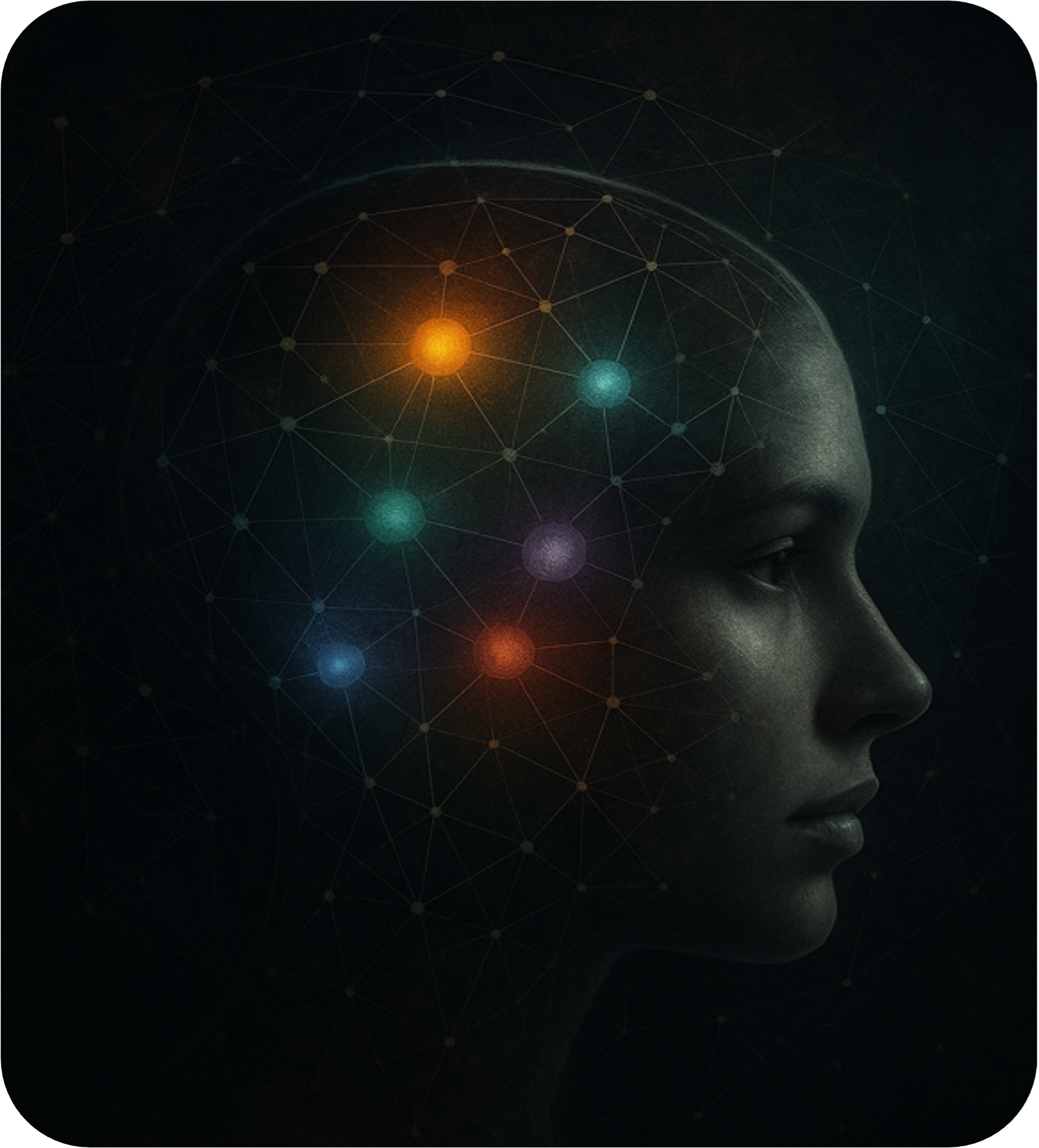Machines Scale Output. Emotions Scale Trust.
Artificial intelligence is changing how we work at a speed we’ve never seen before. Algorithms now predict, optimise, and analyse with precision. But here’s the thing: AI doesn’t determine success on its own.
What really makes or breaks adoption is how people respond to it — and that comes down to emotional culture.
Why emotions matter more than ever
Emotions aren’t “soft skills.” They’re strategic assets. They underpin the human capabilities that technology can’t replace: empathy, ethics, adaptability, collaboration, and critical thinking.
Research shows that emotions spread through teams like wildfire. They shape how people trust each other, how they collaborate, and how resilient they are under pressure. Neglect emotional culture, and you risk resistance, blind compliance, or ethical lapses. Overplay only the positive, and you risk inauthenticity and burnout.
The balance is what matters.
Six emotions that drive AI success
In our recent white paper The Value of Emotions in the Age of AI, Dr Marcus Bowles and I highlighted six emotions that directly influence how organisations adopt AI:
Curiosity fuels experimentation.
Empathy sustains trust when systems fail.
Optimism builds resilience in disruption.
Attentiveness helps detect bias and error.
Confidence empowers people to challenge flawed outputs.
Discomfort signals when fairness or wellbeing is at risk.
Together, these emotions shape behaviours that no machine can replicate — and they can be measured, developed, and embedded into the way organisations work.
Beyond wellbeing: emotions as business value
This isn’t just about feeling good. Emotional culture delivers measurable returns.
Studies suggest that every $1 invested in emotional intelligence yields a $4 return in performance and productivity. That’s not “soft.” That’s strategy.
It also matters for ESG. Traditional “S” measures look at diversity ratios or turnover. Useful, but they’re lagging indicators. Emotional culture provides leading indicators — whether people feel included, safe, and able to challenge systems fairly. That’s how organisations demonstrate to investors, employees, and regulators that their AI adoption is both technically effective and socially sustainable.
The Human Dividend
At Blue Dog Culture, we call this the Human Dividend — the compounding return created when emotions continually reinforce the capabilities and behaviours that sustain both culture and long-term performance.
AI might scale output. But it’s emotions that scale trust. And in the Age of AI, that’s what separates resilient, adaptive, human-centred organisations from the rest.
👉 Want the full paper? Click here

